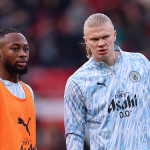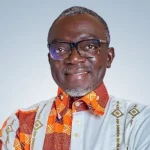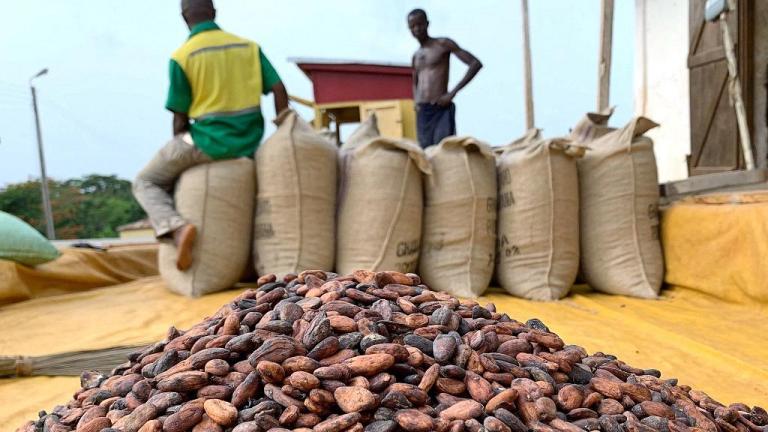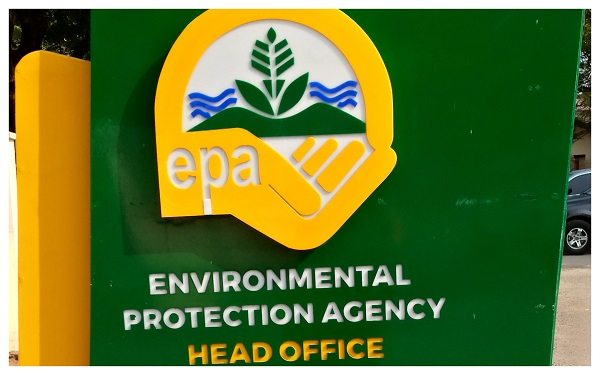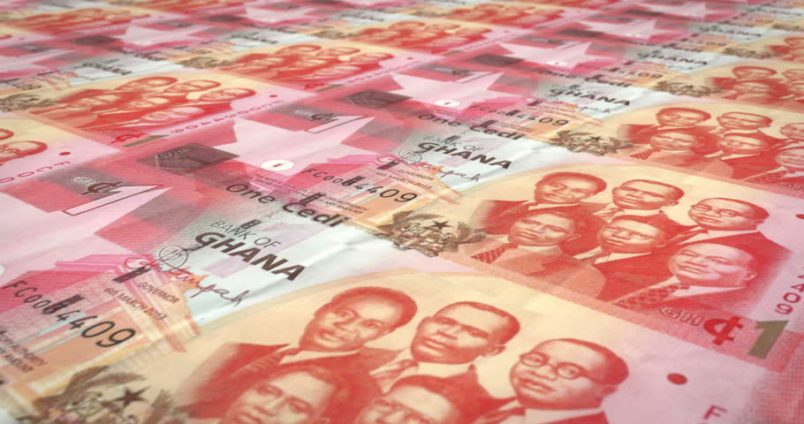With 2020 being an election year, President Nana Addo Dankwa Akufo-Addo is expected to use his final State of the Nation Address to rehash the progress chalked in his first term as he makes a pitch for re-election.
There is consensus among fairly independent experts that macroeconomic indicators have, by far, improved. The Nkufo-Addo government has also delivered on key campaign promises, significant among them was the promise to provide free senior high school education and the restoration of allowances to nursing and teacher trainees.
But the administration continues to grapple with corruption, the never-ending concern about his bloated government and the fight against illegal mining.
Here, TheGhanaReport.com presents 12 key issues in the president’s tray ahead of his State of the Nation Address (SoNA) to Parliament.
The government is battling with a growing perception of official complicity in illegal mining. Seized excavators have gone missing, a party official in the Central Region is being investigated, videos of alleged profiteering plan within the party has popped up.
And so we ask, how does the government score itself on the fight against illegal mining? Is not the President’s commitment waning? Would he ask Prof. Frimpong Boateng, the under-pressure chairman of the Inter-Ministerial Committee on Illegal Mining, to resign? Is the government’s committing not withering under intense media scrutiny?
1. Scandal-plagued ‘galamsey’ fight
The government is battling with a growing perception of official complicity in illegal mining. Seized excavators have gone missing, a party official, in the Central Region, is being investigated. Videos of alleged profiteering plan within the party have popped up.
And so we ask, how does the government score itself on the fight against illegal mining? Is not the President’s commitment waning? Would he ask Prof. Frimpong Boateng, the under-pressure Chairman of the Inter-Ministerial Committee on Illegal Mining, to resign? Is the government’s committing not withering under intense media scrutiny?
2. Missing excavators
The biggest saga that has rocked the anti-galamsey fight is the admission by Chairman of the Inter-Ministerial Committee on Illegal Mining (IMCIM), Professor Kwabena Frimpong-Boateng, that several seized excavators were missing.
The opposition National Democratic Congress (NDC) and the former Minister of Lands and Natural Resources, John Peter Amewu, pegged the number at 500.
The NDC is claiming that some of the excavators are being used by party members shielded by the government. Professor Frimpong-Boateng has been implicated in the scandal with Minority Leader, Haruna Iddrisu, calling for his resignation.
The NDC called for accountability on all confiscated items, including gold, some 4,045 other mining equipment, 2,779 weapons and ammunition, and several other items seized from alleged illegal miners.
Where did the excavators go? This is the question on the lips of some Ghanaians.
3. Corruption
One of the main campaign issues which the governing party used to defeat the NDC in the 2016 election was corruption. The Akufo-Addo-led government promised to fight corruption, which resulted in the passage of the Office of the Special Prosecutor Act and the appointment of Mr Martin Amidu as the first Special Prosecutor.
Two years down the lane, Mr Amidu’s office is yet to bring anyone to book for corruption-related offences.
An analysis of the recent Transparency International’s Corruption Perception Index (CPI) attests that Mahama’s worst score was better than Akufo-Addo’s best. The country scored 41 out of 100 and ranked 80 out of the 180 countries/territories assessed annually by the global anti-corruption body.
How does he explain that scenario where all his appointees accused of corruption get cleared but former government officials are standing trial? If corruption and waste is a huge and deeply embedded social menace, does he not see the bizarreness of not having caught or punished a single official?
Several foreign missions in Ghana have called on the government to tackle the canker, which is hampering international business transactions.
The Danish Ambassador to Ghana, Mrs Tove Degnbol; U.S. Ambassador to Ghana Stephanie Sullivan; the Netherlands’ Ambassador to Ghana Ron Strikker; UK Ambassador to Ghana, Ian Walker; and Australian Ambassador to Ghana, Andrew Barnes, have made public pronouncements calling on the government to act.
SANITATION
Does he still stand by his comment at last’s year’s SoNA that there has been “significant improvement in sanitation?” Less than nine months into a general election, does he admit that Accra is nowhere close to his promise to make it the cleanest city in Africa by the end of his first term? What has been the key achievement of the Sanitation Ministry since it was controversially set up in 2017? As the sun gradually set on his Presidency, will the President concede that he punched above his weight as far the Accra filth is concerned?
5. Infrastructure
The government introduced the Double- Track system as an interim measure overcrowding in Senior High Schools. It promised to build and expand educational infrastructure as a permanent solution. Can he report on the level of expansion and improvement in education infrastructure? What is the government doing about several hospitals and health centres that continue to remain closed to be public despite completion? How is the “2020 is the year of roads,” promise shaping up?
The president has ridiculed the previous Mahama government claim of unprecedented infrastructural development but surely his record on infrastructure remains to be analysed.
And how far with the Saglemi Housing project?
6. Road accidents
When vigilantism became a problem, the President said a new bill would be a solution to the menace. Road carnage remains a big problem, when is his government going to go tough on it to reduce the need for the president to be tweeting condolences?
Government officials have said not once or twice about the dualisation of major roads leading to Ghana’s regional capitals but not much has been seen of it.
Vice-President Dr. Bawumia, in the run-up to the 2016 elections, said there is money in Ghana. But the government appears to resort to more borrowing to finance its projects. Is there money in Ghana?
7. Controlling borrowing, expenditure and budget deficit in an election year
This is usually so due to the overnight rollout of construction projects across the country to sway votes in favour of incumbent governments.
The government’s target for budget deficit in 2020 is 4.7%. But there are fears that the government will overshoot the mark violating its fiscal rule ceiling of 5%. The government wants to spend GH¢86bn in 2020 but is projecting to raise only GH¢67bn. It leaves a deficit of GH¢19bn, a source of concern.
The IMF has expressed concerns that Ghana is now classified as a high debt distressed country. It is even more concerned that in an election year, fiscal slippages could re-occur. Beyond assurances, is the president prepared to put his Finance Minister’s job on the line if slippages occur? Or would he volunteer to put his own job on the line if it happens?
8.RTI implementation challenges
6.RTI implementation challenges
The Member of Parliament for Ashaiman, Ernest Norgbey. The lawmaker demanded information on the procurement of services from some two consultants the EC is working with.
The Commission, in its response, said, although it was willing to provide the information requested, it is unable to release it “because the fees and charges applicable are yet to be determined in accordance with the law.”
When President Nana Addo Dankwa Akufo-Addo assented to the Right to Information Act last year, Ghanaians were told its implementation will start in January 2020. Among the conditions for the take-off are the establishment of a commission and the fixing of rates for applicants seeking information.
But January has come and gone, so is the sun about to set on February, but there is no sign that the government is in a hurry (apologies to the President) to start the implementation of the law.
9. Vigilantism law/missing tricycles
Mr. President, why are large machines like tricycles and excavators getting missing? An NPP vigilante group has claimed it took away tricycles on the instructions of a government official. Is this not lawlessness? And how is the Vigilantism law being applied since its passage).
Mr President, is the NPP disbanding its vigilante groups?
10. Menzgold saga
Should the Menzgold customers concede that their monies are gone? What does the President think of the police statement declining to provide protection for the democratic right of the aggrieved customers of Meenzgold to demonstrate?
11. Reviving the local premier league
The Ghana Premier League is trying to ‘bring up the love’. Will the President indicate when he would attend a football game as a token of support for the campaign to restore the glory days of the league?





